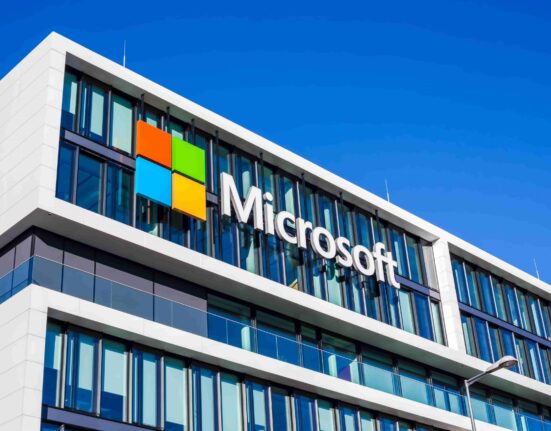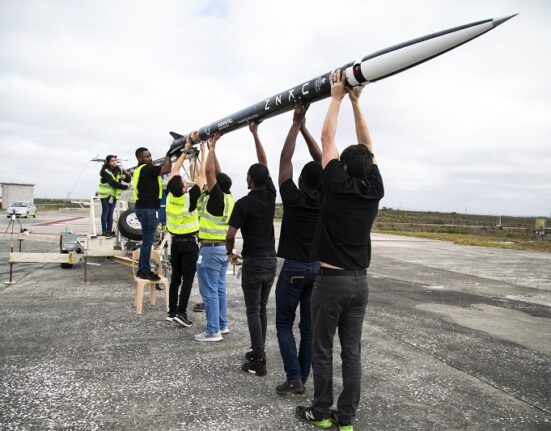Artificial intelligence is rapidly evolving, and OpenAI’s ChatGPT is poised to shake up the digital landscape by challenging Google’s dominance in search. A recent legal document unveiled OpenAI’s ambitious strategy for 2025, aimed at disrupting Google’s stronghold on search results. This move could potentially reshape how users access information online and revolutionize the way we interact with search engines.
With Google currently holding a staggering 90% share of the search market, OpenAI’s ChatGPT presents a formidable contender that could alter web traffic patterns and unsettle the SEO-focused content ecosystem. By providing direct, ad-free answers through conversational AI technology, OpenAI aims to carve out its niche in the $200 billion advertising empire controlled by Google.
“ChatGPT prioritizes concise, context-aware answers over link-heavy results,”
explained one AI expert. Imagine asking for recommendations on the best student laptop for 2025 and receiving personalized suggestions instead of a list of sponsored links. This approach aligns with modern user expectations for quick and tailored responses.
In contrast to Google’s reliance on ad revenue, OpenAI is exploring subscription-based models like SuperGrok to fund its search endeavors. By offering premium tiers without advertisements, ChatGPT aims to provide a seamless user experience while supporting its technological advancements.
The deployment of cutting-edge features such as DeepSearch mode and Retrieval-Augmented Generation (RAG) enhances ChatGPT’s ability to handle complex queries efficiently. These innovations enable real-time data retrieval and answer refinement, addressing challenges that traditional search engines often struggle with.
Moreover, ChatGPT is not limited to text-based searches but also caters to voice commands and multimodal inputs via mobile applications. This versatility positions it as a flexible alternative that can adapt to varying user preferences seamlessly.
OpenAI is strategically pursuing partnerships with browser and device manufacturers to integrate ChatGPT as a default search option—a move aimed at challenging Google’s dominance established through default engine contracts. However, scaling Language Model Families (LLMs) for extensive search capabilities comes with inherent costs that need careful management alongside user growth.
While OpenAI gears up for competition in the digital arena, regulatory scrutiny looms large due to mounting antitrust pressures on major tech companies like Google. Despite these challenges, speculations about an advanced “BigBrain” mode suggest potential avenues for enterprise applications or niche markets—an intriguing prospect that could further differentiate ChatGPT from conventional search engines.
Looking ahead into 2025, OpenAI plans to target long-tail queries to capitalize on Google’s vulnerabilities effectively. If successful partnerships materialize and user adoption rates soar, there is a possibility of significant shifts in online traffic flows—a scenario that may prompt Google to introduce its own AI upgrades in response.
As developments unfold in the realm of artificial intelligence-driven searches, the rivalry between OpenAI’s ChatGPT and Google promises an exciting evolution in how we navigate the vast expanse of information available online.









Leave feedback about this